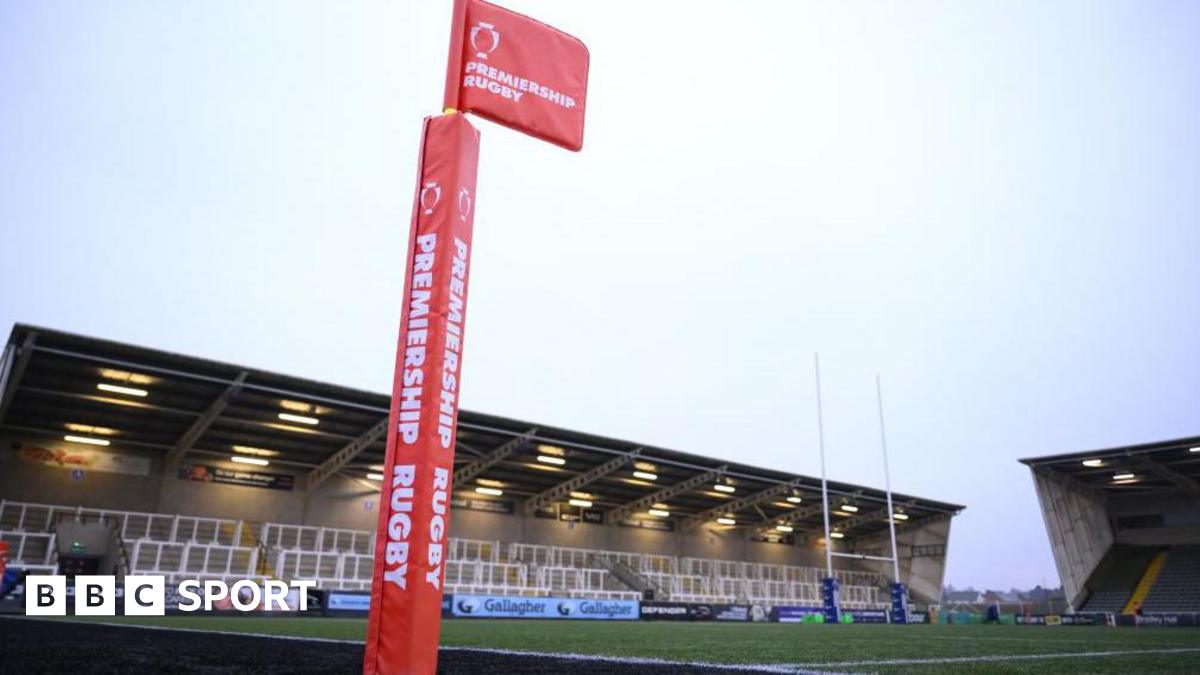Spanish FA approves request to stage Villarreal vs Barcelona in Miami: How likely is it to happen?

The Spanish Football Federation (RFEF) has approved the request for December’s La Liga fixture between Villarreal and Barcelona be played in Miami.Following a meeting of the RFEF’s board of directors on Monday, the federation said it had received the documentation regarding the proposal for the game to be hosted at the Hard Rock Stadium, Miami Gardens and would submit a request to UEFA to initiate the procedures for FIFA to grant authorisation for the fixture change.AdvertisementThe Athletic reported on Sunday that, according to multiple sources familiar with the discussions, who asked to remain anonymous to protect relationships, the Spanish top-flight league had held preliminary discussions to relocate the fixture, which would ordinarily take place at Villarreal’s Estadio de la Ceramica home in eastern Spain, to instead be staged in Florida.It would be the first time a European top-flight league fixture has taken place in the United States.La Liga president Javier Tebas has voiced his support on staging a Spanish league fixture in the U.S. on multiple occasions, and last year spoke of his optimism for a league match being staged abroad by 2025-26.Discussions took place to stage the matchday-17 game between Villarreal and Barcelona, scheduled for the weekend of December 20-21, at the Hard Rock Stadium. A Miami Dolphins fixture is currently scheduled for December 21 against the Cincinnati Bengals at Hard Rock, so the actual date of the La Liga game may be moved around to accommodate the NFL calendar.There will be no fixtures in the Champions League — in which both sides are competing this season — in the week of December 15-21, although the Copa del Rey round-of-32 is scheduled for the midweek of December 16-18.The Spanish league first attempted to stage a match abroad in 2018 with a proposal for Girona’s home league game against Barcelona to be played in Miami. However, this was met with opposition from both the RFEF and FIFA, world football’s governing body, as was a similar proposal the following year to play Atletico Madrid’s league match against Villarreal in the U.S..Since then, relations between La Liga and the RFEF have improved. Meanwhile, the possibility of playing domestic league fixtures abroad has increased after FIFA was dropped from a landmark lawsuit by the U.S. events promoter Relevent in April 2024.Relevent, founded by Miami Dolphins owner Stephen Ross, accused FIFA’s directive, issued in 2018, of guiding that domestic games should be played in their home territory, as acting as a monopoly and preventing fair competition.FIFA and Relevent settled on their case without prejudice, meaning Relevent reserve the right to reopen their litigation should FIFA not come up with a satisfactory reconsideration of their position.AdvertisementLast year, La Liga made a fresh attempt to move a domestic league match abroad with an attempt to play Barcelona’s home match against Atletico in Miami.Speaking to ESPN in July, La Liga president Tebas reiterated his hope for a Miami-staged match this season. Meanwhile, Barcelona president Joan Laporta told CNN earlier this month that it would “be a great honour” for his club to play a league match in the United States and that he believed there may be an opportunity for this during 2025-26.Any competitive fixture being staged abroad requires a green light from each domestic federation — the RFEF and the United States Soccer Federation (USSF) — alongside each of the relevant continental-wide confederations, UEFA and Concacaf.US Soccer and Relevent settled their own anti-trust lawsuit earlier this year and the national federation will not stand in the way of the match taking place on American soil after extensive positive consultation between Relevent and US Soccer stakeholders in recent months.FIFA, meanwhile, brought global club soccer to the U.S. this summer by revamping their Club World Cup as a 32-team tournament. They have been in the process of reviewing their policies on domestic matches taking place outside of their home country for over a year and are not expected to be a hindrance to the initiative.Despite La Liga’s collective desire to bring a game to the U.S., Real Madrid has expressed internal opposition. Madrid, the 36-time league winner, previously opposed the idea of taking individual matches outside the U.S. because executives have concerns about how it will impact the integrity of La Liga’s competition if home advantage for a participating team is eliminated, therefore creating an imbalanced competition.An agreement will also be needed as to how La Liga shares the proceeds and profits of any game abroad across the division, so that not only the participating teams benefit.AdvertisementLa Liga North America and Relevent declined to comment.Additional reporting from Guillermo Rai and Dermot CorriganWhy is La Liga so keen to take a match abroad?Playing a Primera Division game overseas has long been part of La Liga president Tebas’ vision of expanding his association’s reach and power.Tebas’ plans were thwarted in 2018 and 2019 by opposition from then federation president Luis Rubiales and current Real Madrid president Florentino Perez. Rubiales then brought the Spanish Supercopa to Saudi Arabia, in a deal still under investigation by anti-corruption authorities in Spain. Perez has also pushed the European Super League project.Playing a match abroad would help La Liga to counteract the big commercial advantage the Premier League has in the U.S. and other markets outside Europe. La Liga has an office in New York, and also regularly organises friendly games for its teams in other continents during the off-season.Tebas has regularly said — including in two different interviews with The Athletic — that once it is possible for La Liga to play games overseas, it will.Since Rubiales fell into disgrace and departure, the relationship between the RFEF and La Liga has improved markedly.Dermot CorriganWhat’s in it for Miami?Plenty of money, if organised, promoted and marketed in the most effective way.We have seen no shortage of major hits in the U.S. when famous European football teams have descended on the continent for pre-season.The scarcity of competitive games, combined with the willingness of U.S. sports fans to spend big on events, as well as dynamic pricing, may all combine to draw eye-watering numbers.Hard Rock Stadium has also become a go-to venue for major soccer events, notably fixtures during Copa America last summer, including the final of the tournament, while it hosted matches for this year’s Club World Cup and will stage games at the men’s World Cup in 2026.Adam CraftonWhat do fans think?The Federation of Shareholders and Members of Spanish Football (FASFE), the main collective of Spanish supporters groups in Spain, released a statement on Monday to express their opposition to the proposal.The group described the plan as “shameful”, accused it of undermining the integrity of the competition, and called on the Consejo Superior de Deportes (CSD), the highest sports council within Spanish Government, to take action.Advertisement“FASFE, as an independent network of Spanish fans, together with the Villarreal Fans, Villarreal CF and Seguiment FCB groups of FC Barcelona, wish to express our absolute, total and firm opposition to the relocation of the match outside Spain,” the statement read.“Moving a Spanish league match abroad undermines the integrity of the competition, violates the rights of local season ticket holders who have paid to watch all the matches at their stadium, and goes against the provisions of the recently approved European Parliament report on the role of EU policies in shaping the European model of sport, which “calls on football governing bodies to prevent domestic competition matches from being played abroad”.“We will shortly request that the RFEF withdraws its authorisation for the match to be played in Miami and that the CSD exercise its powers to prevent it. Furthermore, if the project goes ahead, we will take the appropriate legal action to prevent it.”(Top image: Javier Borrego/Europa Press via Getty Images)













